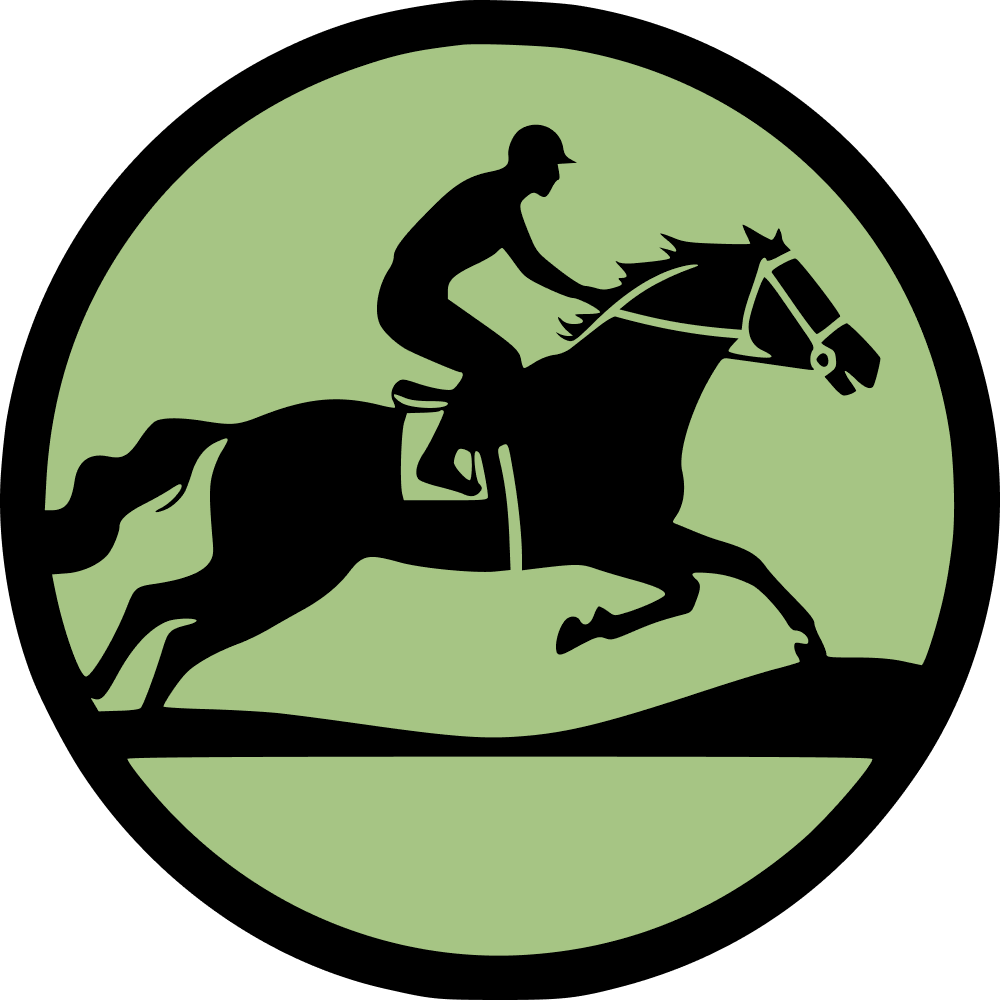Horse racing, as a form of competition between its owners, has always been accompanied by bets on the outcome. In 2017, Canada celebrated the 250th anniversary of horse racing in the country. The first mention of an official race was in 1767, when Captain Prescott's mare Modesty won a $40 event on the Plains of Abraham in Quebec.
Horse racing became part of Canadian culture, formal and informal, and was held in cities and rural communities, on tracks and roads, along frozen rivers and at fairs. Everywhere where you could let horses gallop and argue whose was faster. Racing clubs arose and iconic races, such as the Queen's Plate in 1860, began to be held.
Simultaneously with the development of sports, opposite trends emerged. Back in 1771, the city of Halifax banned horse racing, believing that it corrupted residents, making them immoral loafers.
The attitude towards gambling and betting on horse races was twofold. Governments in North American countries failed to regulate the industry, crime and fraud flourished in it, so as the number of racetracks grew, so did the number of anti-gambling societies.

Canadian gambling legislation has changed many times.
• In 1892, the Criminal Code of Canada prohibited betting on gambling, although the games themselves were not prohibited. Section 201 of the code states that it is a crime to open a bookmaker's office and engage in a bookmaking business.
• In 1900, lotteries were allowed as long as the proceeds were donated to charity.
• In 1910, betting on horse racing was legalised. Bets could be placed directly at the hippodrome.
• In 1925, an amendment to the law allowed gambling at fairs and exhibitions. The management of these establishments could purchase a licence to conduct gambling. Horse racing began to be held at fairs, and people could bet money on the outcome of the races.
• 1969 was a turning point in the development of the industry, an amendment was passed allowing the provinces and federal governments of Canada to hold lotteries and organise gambling if the proceeds from them went to the development of the region. Thus, the 1976 Montreal Olympics were financed through a lottery.
• In 1985, an amendment was passed allowing local governments and territories to control gambling and lotteries. At the same time, it was allowed to place bets on sports in the form of a lottery, when a lottery ticket was purchased indicating at least three winners. Bets on one winner were not accepted, and bookmakers were still banned.
• In 1999, the Criminal Code was suspended and all powers regarding gambling were transferred to local authorities. Since then, each of the 10 states and 3 Canadian territories has its own rules and industry regulators. For example, in Quebec, you can bet from the age of 18, and in Ontario from 19.
When it comes to horse racing, the landscape is a bit different in Canada; all racetracks across the country operate under the control of the Canadian Betting Agency - Mutuel, a department of the Ministry of Agriculture of Canada. Tote betting is the legal and most affordable way to place a bet directly on the races.
To place a bet on horse racing, you must be a resident of the province where the race is held and be at least 18 years of age. Some provinces impose restrictions on the bet amount and winnings, and taxes on large winnings may be increased. Additionally, the types of bets available may vary from province to province. Common bet types include win, place, show, exacta, quinella, trifecta, and superfecta.
Online betting is also an option. While bookmakers are still prohibited by the Criminal Code, there is no mention of online bookmakers in the law, and websites of bookmaker companies are emerging using this loophole. The first sovereign betting company registered in Canada was Sports Interaction, licensed in 1997 on the Kahnawake Indian Reservation. This self-governing territory of the Mohawk Nation in southern Quebec was the first in the country to legalise gambling and contribute to the provincial budget. The Kahnawake Gaming Commission issues licenses to online bookmaking, casino, and poker sites.

Sports Interaction Company is known for its high degree of financial reliability, detailed coverage of the country's sporting events, regular promotions and bonuses, and prompt payments. Over the years, it has gained significant authority among Canadian internet users and expanded internationally.
In collaboration with the leading British bookmaker Bet365, Sports Interaction owns a quarter of the country's sports betting market. Other popular online bookmakers in Canada include Pinnacle, 10bet, Tonybet Canada, and Bodog. Unibet, William Hill, and Betway are also among the top players in the market.
The regulated gambling market in Canada is still evolving. Alongside licensed operators, unlicensed or offshore-licensed companies also provide their services. This leads to significant revenue passing by the Canadian treasury, prompting the government to address issues of control and regulation in the industry.
For the average bettor, the priority is finding the best betting offers, regardless of the platform. With the internet enabling betting on events worldwide, companies compete to improve service quality, enhance user interfaces, and expand their offerings to attract customers.

